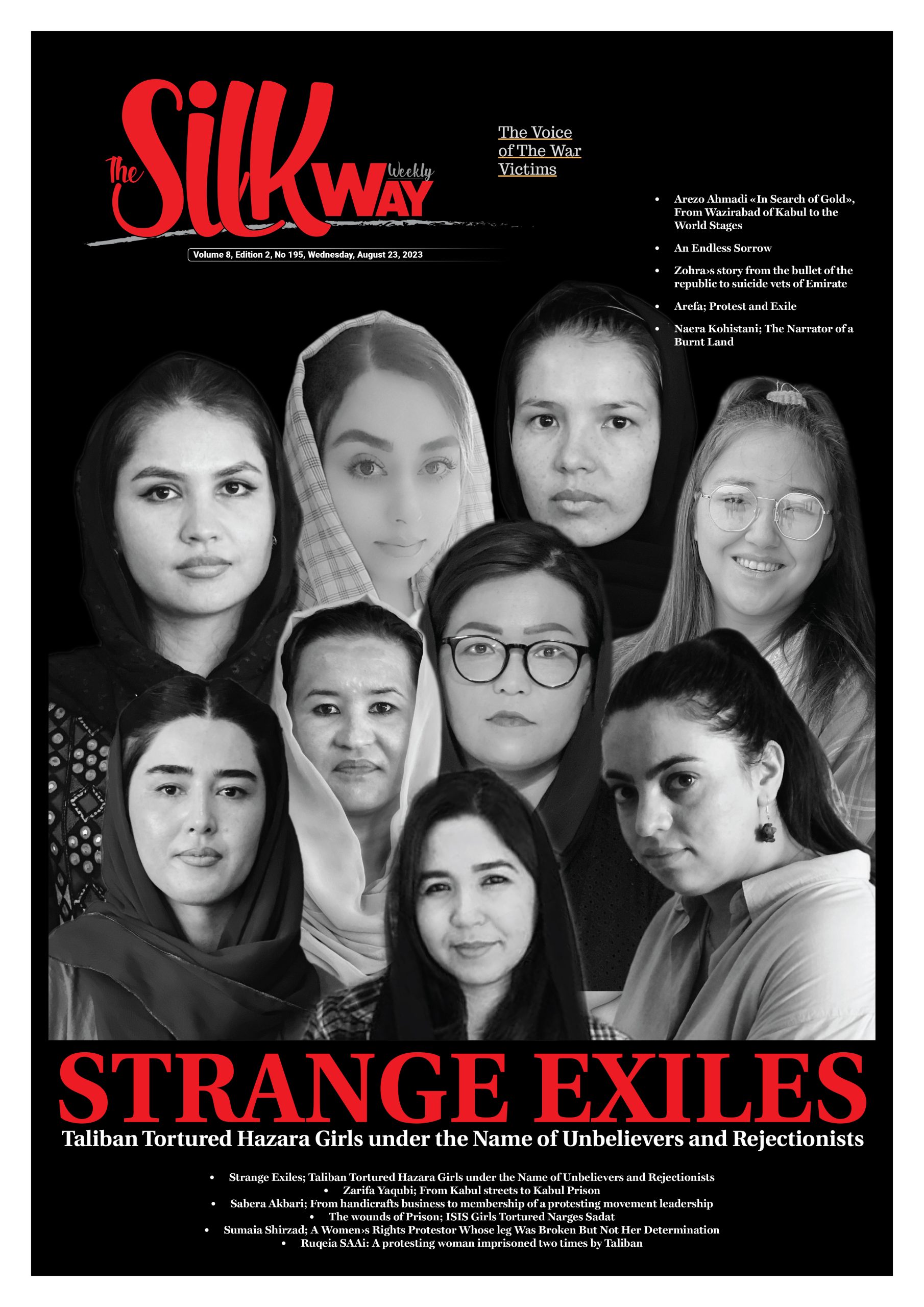 By: Aziz Usian
By: Aziz Usian
Translated by: Mohammad Rezaie
When Daikondi collapsed, Arefa was in Nili center of this province and there were rumors that Taliban will enter the Nili city. It was 4:P.M, when Arefa left Nili to go to Shahristan district and she noticed the local security forces looked disappointed and wanted to find a way to flee from their posts. Arefa had a room in Chaprasak market and she arrived there at 10: P.M. Arefa stayed in Chaprasak with her roommate and she heard the next day from the social media networks that Daikondi had collapsed and there was no hope to defend this province anymore. Arefa went to the Citizens Charter Office, where she worked, and the guards told her she should not have come to the office with such clothes. “You know the Taliban law. You should not have come without hejab. I told them that before Taliban, you are criticizing me for my clothes. While my clothes were normal and according to the customs of there.” Arefa Said.
When Arefa Rezaie entered into the office, she saw that only a few numbers of her coworkers were there. One of them told Arefa that, now, the Taliban have seized power and only men are allowed to work in the organizations. They told Arefa that Taliban have sent an official letter banning women from work. Arefa sat behind her desk for a while and then left the office with disappointment. “I even did not pick up my coffee cup.” She said.
Arefa stayed in Shirma village at her home, hoping Taliban my change their mind and allow women to return to work. She contacted her manager at the end of the week and asked him about the office. Her manager said there has been no change and all female employees shall stay home until the second notice. “I contacted our provincial manager and asked what will happen to us; and he said there was no news yet. Stay at home.” He said.
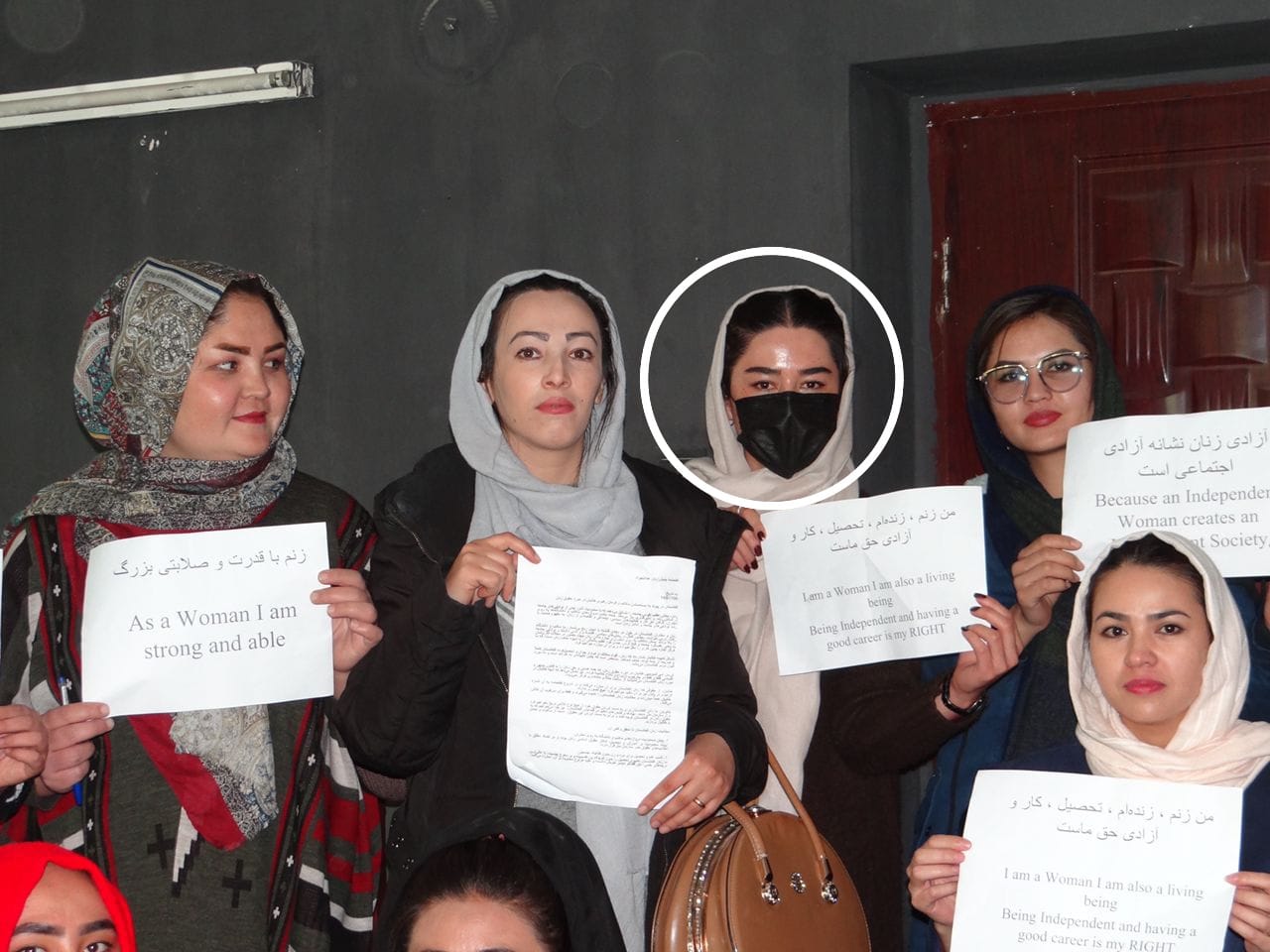 Arefa’s frined, one her close friends, went in Kabul and contacted her the people were e actuated from Kabul airport to other countries. Arefa decided to go to Kabul. But transportation agencies did not give her a ticket because Taliban had told them they should not send ticket to women without a chaperone. “I accept its responsibility. When I reached Bamyan, Taliban stopped me and asked about my male chaperone. I had no choice and pointed to a man and said he is my chaperone.” Arefa Said. Arefa noticed in Kabul that many of her friends were evacuated from Kabul airport to other countries. She was alone in Kabul and did not know what to do; she even could not return to Shahristan. Arefa was an employee of Citizens Charter Program on gender awareness. She travelled to different Daikondi districts to provide women on their basic rights. She had been threatened several times by the local Taliban fighters and had issued threat letters against her, threatening her to stop her activities.
Arefa’s frined, one her close friends, went in Kabul and contacted her the people were e actuated from Kabul airport to other countries. Arefa decided to go to Kabul. But transportation agencies did not give her a ticket because Taliban had told them they should not send ticket to women without a chaperone. “I accept its responsibility. When I reached Bamyan, Taliban stopped me and asked about my male chaperone. I had no choice and pointed to a man and said he is my chaperone.” Arefa Said. Arefa noticed in Kabul that many of her friends were evacuated from Kabul airport to other countries. She was alone in Kabul and did not know what to do; she even could not return to Shahristan. Arefa was an employee of Citizens Charter Program on gender awareness. She travelled to different Daikondi districts to provide women on their basic rights. She had been threatened several times by the local Taliban fighters and had issued threat letters against her, threatening her to stop her activities.
Arefa chosen the street from all the deadlocks facing her and joined Kabul women’s rights protestors and participated in all protests against Taliban. Arefa Rezaie is one of the founders of, the Movement of Afghan Justice Seeker Women’s and has played an important role in protests of this movement against Taliban. When women’s rights protestors were suppressed in a protest in front of Kabul, Arefa’s eye was hurt due to tear gas used by Taliban to disperse the protestors. “I was for one hour in the hospital for treatment of my eyes.” She said.
Area continued organizing protest marches against Taliban and she organized one of the major protests against Taliban in Dashte Barchi when the group killed Zainab Abdullahi. But Taliban violently suppressed the protest by shooting into the air. Area said that when Morsal Ayar and Parwana Ebrahim Khil were arrested, I noticed some women’s rights organizations were shifting protestors women to safe houses and some of them were already moved into these houses. Then, Arefa heard another bad news. One of Arefa’s friends contacted her and told some of the women’s rights protestors had been arrested from the safe houses. “My friend told me that Taliban had arrested some of women’s rights protestors; especially those who were in the first line of the protests. She also said that my photo has been in the hand of Taliban. Be careful not to be detained by Taliban.” She told me.
Arefa siad that there was a checkpoint of Taliban just on the alley they lived and it was likely to be arrested by Taliban. Before this, Arefa lived in her uncle’s house, but after participating in the protests, her uncle told her to leave his house and live somewhere else.
When Afrefa noticed that Taliban had decided to arrest her, she contacted her aunts’ daughter to stay the night at her house. On the same night, Arefa’s landlord contacted her and said Taliban had asked him about the house of the protesting girls. “He told me, I wonder if you are one of the protesting girls and I said no I am not.” She said.
On those days, the movement told the protesting girls to change their houses. Arefa said that she had been looking for a safe place for one week and she finally contacted Hoda Khamosh in Norway and told her it was impossible to find a safe place in Kabul. Then Hoda Khamosh had told her, she would contact a women’s rights protestor organization to shift her to a safe house in Kabul. But, next day, Arefa was informed that about 29 women’s rights protestors had been arrested from a safe house in Kabul.
Arefa was forced to go to the house of one of her friends in Haji Nabi Township. The women’s rights organization told Arefa she needed to have a passport to be evacuated from Kabul to abroad. Arefa said that she was in trouble, and as a result, she married a man they had already agreed to marry without having a marriage ceremony. Arefa said that she feared to be arrested by Taliban and in that case, she needed to have a male chaperone to get out of Afghanistan.
The hard life of Afghan women, especially those who like Arefa have stood against the Taliban polices during the past two years, has made many Afghan women and girls to take the path of unwanted migration in order to survive. A way that internalizes the pain of living in another way for them.


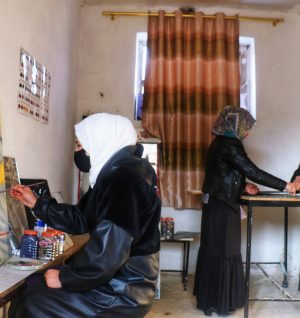
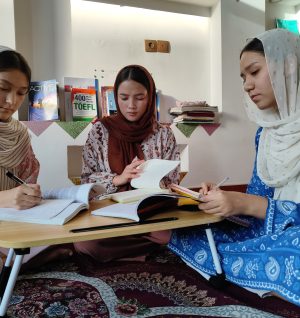
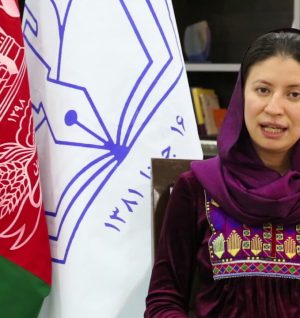
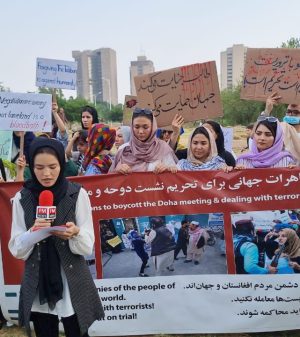
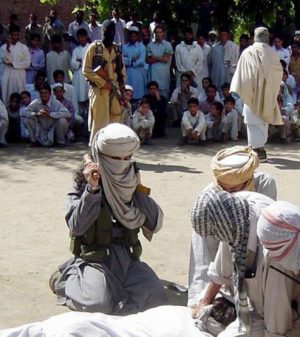
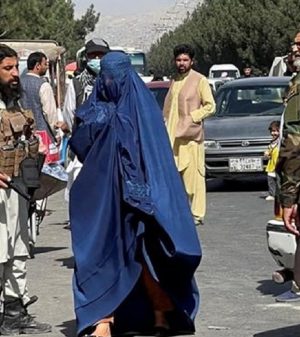
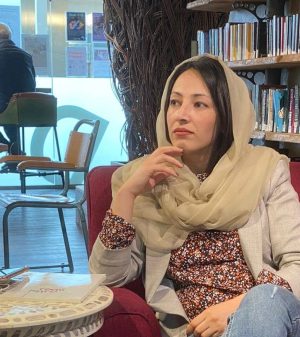
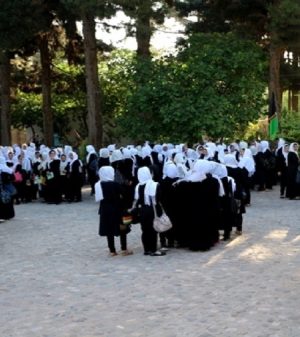
Add Comment